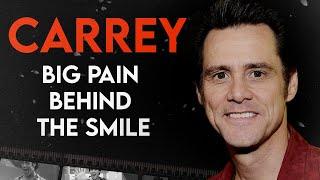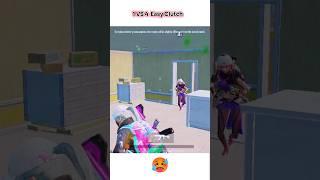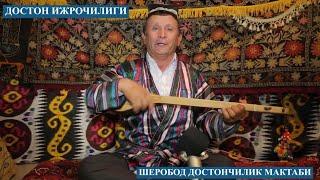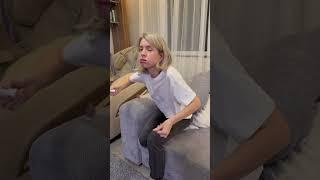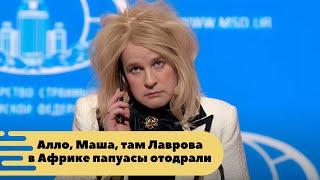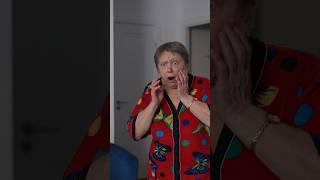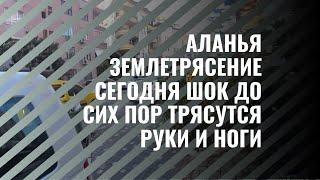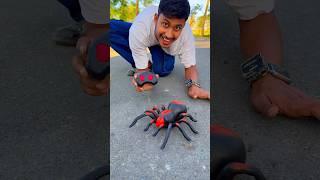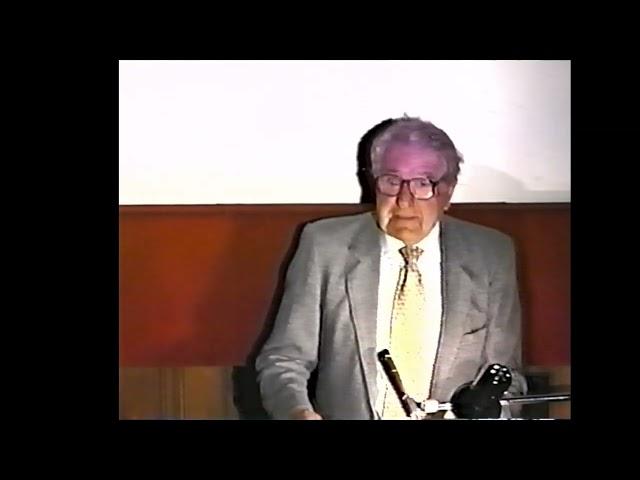
Adolfas Mekas' Cinemagic Lectures - Session 7 - Bard College 200
Adolfas Mekas (1925-2011) was a Lithuanian-born American Filmmaker who founded the Bard College film department in 1971, and the Milton Avery Graduate School of the Arts at Bard College in 1981.
His “CINEMAGIC” course was legendary at Bard College. Each session featured a 30-40 minute autobiographical lecture, complimented by a screening of a film that was meaningful to Adolfas. This is one of the 14 lectures that he delivered in 2000. He gifted me VHS tapes of these sessions around 2003.
Along with his brother Jonas Mekas, Adolfas founded Film Culture magazine and the Film-Makers’ Cooperative. He was an icon of avant-garde cinema. Jean-Luc Godard once wrote, “Adolfas is someone to be reckoned with. He is a master in the field of pure invention, that is to say, in working dangerously – 'without a net.'"
Adolfas Mekas was born in a Lithuanian village called Semeniškiai on Sept. 30, 1925. During the final year of World War II, he and Jonas were captured by the Germans and sent to a Nazi labor camp (Sessions 2 and 3).
After the war ended, they lived in refugee camps, one of which was in Mainz, near Frankfurt, where they were able to attend university classes. They first thought of leaving for Israel — “They weren’t Jewish,” Adolfas’ wife, Pola Chapelle said, “but they thought it was romantic, to fight for a new country” — but emigrated instead to the United States, settling in Williamsburg, in Brooklyn. Adolfas tells this story in session 4.
In session 5, Adolfas discusses he and Jonas’ role in the both the Beat movement and the Fluxus Art movement. He also reads from the famous First Statement on the New American Cinema (1961): ”We don’t want rosy films – we want them the color of blood.”
Session 6 is about the underground film movement in the 1960s. Stories about Phil Ochs and Maya Deren. He explores the meaning and purpose of art towards the end of the lecture, and complains about “agenda movies.”
Adolfas begins session 7 by telling us that he “has a few axes to grind,” he goes on to discuss religion, Poland, academia, and more.
There is no session 8. It was canceled.
The final few session all include Adolfas’ reflections on art, screenwriting, diversity, the human condition. He discusses Abbie Hoffman in session 12.
His “CINEMAGIC” course was legendary at Bard College. Each session featured a 30-40 minute autobiographical lecture, complimented by a screening of a film that was meaningful to Adolfas. This is one of the 14 lectures that he delivered in 2000. He gifted me VHS tapes of these sessions around 2003.
Along with his brother Jonas Mekas, Adolfas founded Film Culture magazine and the Film-Makers’ Cooperative. He was an icon of avant-garde cinema. Jean-Luc Godard once wrote, “Adolfas is someone to be reckoned with. He is a master in the field of pure invention, that is to say, in working dangerously – 'without a net.'"
Adolfas Mekas was born in a Lithuanian village called Semeniškiai on Sept. 30, 1925. During the final year of World War II, he and Jonas were captured by the Germans and sent to a Nazi labor camp (Sessions 2 and 3).
After the war ended, they lived in refugee camps, one of which was in Mainz, near Frankfurt, where they were able to attend university classes. They first thought of leaving for Israel — “They weren’t Jewish,” Adolfas’ wife, Pola Chapelle said, “but they thought it was romantic, to fight for a new country” — but emigrated instead to the United States, settling in Williamsburg, in Brooklyn. Adolfas tells this story in session 4.
In session 5, Adolfas discusses he and Jonas’ role in the both the Beat movement and the Fluxus Art movement. He also reads from the famous First Statement on the New American Cinema (1961): ”We don’t want rosy films – we want them the color of blood.”
Session 6 is about the underground film movement in the 1960s. Stories about Phil Ochs and Maya Deren. He explores the meaning and purpose of art towards the end of the lecture, and complains about “agenda movies.”
Adolfas begins session 7 by telling us that he “has a few axes to grind,” he goes on to discuss religion, Poland, academia, and more.
There is no session 8. It was canceled.
The final few session all include Adolfas’ reflections on art, screenwriting, diversity, the human condition. He discusses Abbie Hoffman in session 12.
Комментарии:
Танец Звёздочек. Новогодний утренник.
Анастасия Фесечко
Уфа Рубин Прямая Трансляция
LOLOLOK
Low Hp 1 v 4 Clutch #bgmi
ZyroXpro
9 урок - вокал онлайн , хроматика, дыхание, как петь громко в ноты
Roman Konograi - Уроки вокала
Отчет по Vip-матчу. 22.06.17
InformBet. Договорные матчи.
DOSTON IJROCHILIGI (BAXSHICHILIK MAKTABLARI HAQIDA)
ALPOMISH MEDIA
Биткоин VS Вирус
CryptoLeo
Keanu azzam
andry vazrie
Новое дело майора Черкасова в сериале Катран
АРЕНА канал
ABM Inventory for retail chain “EVRIKA”
ABM Cloud

